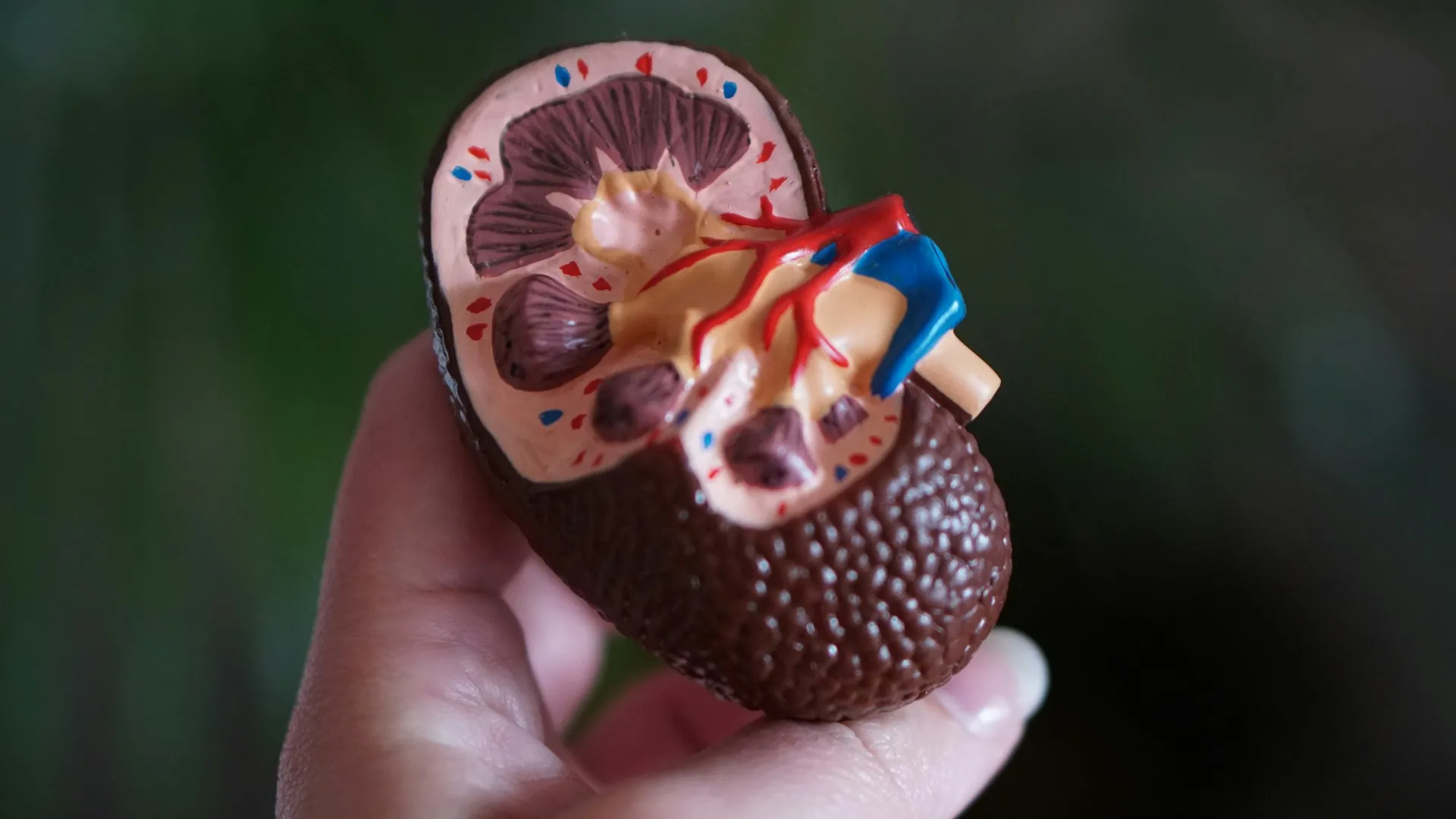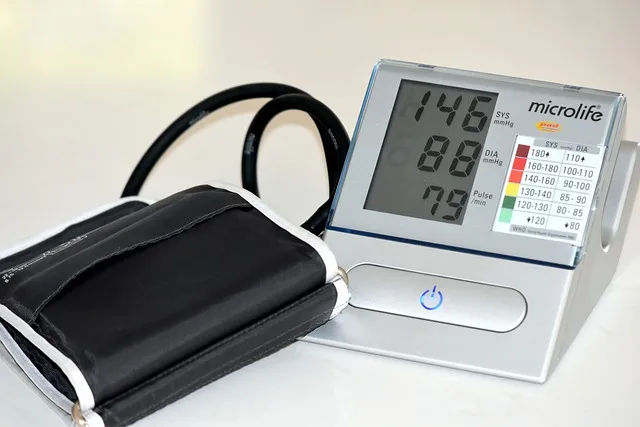Blood pressure medications, also called antihypertensives, are drugs that can reduce your blood pressure. These medicines also decrease your chances of getting serious hypertension-related health problems like stroke, kidney disease, and heart disease.
Antihypertensive medications are usually taken as oral pills but, in some cases, you may need to receive the medicine through a vein in your arm (intravenously).
Determining what medications work best for you may take some time and patience. Besides other health conditions you might have, a doctor also considers your age, sex, and race when choosing appropriate antihypertensives and their dosage. This is why it is important to stick to medicines prescribed specifically for you. Sometimes, taking 2 or more different medications may be what you need to control your blood pressure effectively.
A complete list of antihypertensive medications
The different types of blood pressure medications that may be available to you include:
Angiotensin-converting enzyme (ACE) inhibitors
In the body, angiotensin-converting enzyme changes the hormone angiotensin I to angiotensin II. Angiotensin II is a hormone that increases blood pressure by causing blood vessels to narrow (constrict).
ACE inhibitors lower blood pressure by preventing vasoconstriction, and allowing blood to flow more freely in your blood vessels.
Examples of ACE inhibitors are:
- Enalapril (Vasotec)
- Lisinopril (Prinivil, Zestril)
- Captopril (Capoten)
- Fosinopril (Monopril)
- Benazepril (Lotensin)
Possible side effects of ACE inhibitors include:
- Dry cough
- Dizziness
- High blood potassium (hyperkalemia)
- Low blood pressure (hypotension)
- Kidney dysfunction
- Angioedema—sudden swelling under the skin, usually in the face.
ACE inhibitors are not safe to take during pregnancy. Talk to a healthcare professional if you are pregnant or trying to conceive.
Angiotensin II receptor blockers (ARBs)
ARBs also reduce blood pressure by allowing blood vessels to remain open. They keep angiotensin II from binding to its receptors, thereby blocking its effects.
Examples of ARBs are:
- Valsartan (Diovan)
- Losartan (Cozaar)
- Irbesartan (Avapro)
- Candesartan (Atacand)
- Telmisartan (Micardis)
Possible side effects of ARBs include:
- Dizziness
- Headache
- High blood potassium
- Low blood pressure
- Back pain
Like ACE inhibitors, ARBs are also unsafe to take while pregnant.
Direct Renin Inhibitors
Renin is an enzyme produced by cells in the kidneys. It converts angiotensinogen (a protein produced by the liver) into angiotensin I. So, direct renin inhibitors decrease how much angiotensin I and II your body makes, keeping your blood vessels from narrowing. Blood flows easier through them, reducing your blood pressure.
Currently, aliskiren (Tekturna, Rasilez) is the only available direct renin inhibitor.
Possible side effects of aliskiren include:
- Diarrhea
- Angioedema
- Dry cough
- High blood potassium
- Skin rash
- Headache
Diuretics
Excess salt in your body leads to accumulation of fluid within your blood vessels, causing your blood pressure to rise. Diuretics, also called water or fluid pills, are medications that help your kidneys to get rid of excess salt and water into your urine.
Examples of diuretics are:
- Furosemide (Lasix)
- Amiloride (Midamor)
- Hydrochlorothiazide (HydroDiuril)
- Metolazone (Zaroxolyn)
- Chlorthalidone (Hygroton)
Possible side effects of diuretics include:
- Dehydration
- Electrolyte imbalances
- Low blood pressure
- Skin rash
- Muscle cramps
- Gout, a form of arthritis
Beta-blockers
These medications block the action of certain hormones called catecholamines (such as adrenaline and noradrenaline).
In the heart, this reduces heart rate and the force with which blood is pumped around the body, leading to a decrease in blood pressure.
Examples of beta-blockers are:
- Propranolol (Inderal)
- Atenolol (Tenormin)
- Metoprolol (Lopressor)
- Acebutolol (Sectral)
- Bisoprolol (Zebeta)
Possible side effects of beta-blockers include:
- Low heart rate and heart block
- Fatigue
- Dizziness
- Sexual dysfunction
- Difficulty breathing and wheezing
- Trouble sleeping
- Low blood pressure
- Nightmares
Alpha-blockers
These medications reduce blood pressure by blocking the action of catecholamines on your blood vessels. They relax your blood vessels and allow blood to flow through them easily.
Examples of alpha-blockers are:
- Prazosin (Minipress)
- Terazosin (Hytrin)
- Doxazosin (Cardura)
Possible side effects of alpha-blockers include:
- Dizziness
- Low blood pressure
- Impotence in men
- Rapid heart beat
- Weakness
- Headache
Combined alpha- and beta-blockers
Sometimes, your doctor may prescribe a medication with both alpha- and beta-blocking activity. This usually happens when you’re experiencing a hypertensive emergency or at high risk of developing heart failure.
Combined alpha- and beta-blockers reduce blood pressure by relaxing your blood vessels, and reducing the force and speed of your heart beats.
Examples of these medications are:
- Labetalol (Normodyne, Trandate)
- Carvedilol (Coreg)
Possible side effects are those of both alpha- and beta-blocking activity.
Calcium channel blockers
For muscle cells of the heart and blood vessels to contract, calcium needs to move into them. Calcium channel blockers reduce how much calcium enters into these muscle cells. This reduces the force of heart beats and helps blood vessels to relax, thereby decreasing blood pressure.
There are two main types of calcium channel blockers: dihydropyridines and non-dihydropyridines.
Examples of calcium channel blockers are:
- Nifedipine (Procardia, Adalat)
- Amlodipine (Norvasc)
- Verapamil (Calan, Isoptin)
- Diltiazem (Cardizem)
- Nicardipine (Cardene)
Possible side effects of calcium channel blockers include:
- Constipation
- Headache
- Dizziness
- Swelling of the feet, ankles, and legs
- Flushing
- Palpitations—rapid, irregular heartbeats
Alpha receptor agonists
Alpha receptor agonists are also called centrally-acting agonists.
In the brain, they attach to alpha-2 receptors, blocking brain signals that tell your nervous system to release catecholamines. This reduces your heart rate and opens your blood vessels to allow easier flow of blood.
Examples of centrally-acting agonists are:
- Methyldopa (Aldomet)
- Clonidine (Catapres, Duraclon)
- Guanfacine (Tenex, Intuniv)
- Guanabenz (Wytensin)
Possible side effects of centrally-acting agonists include:
- Drowsiness
- Headache
- Depression
- Fatigue
- Dry mouth
- Constipation
Vasodilators
These medications relax the smooth muscles in the walls of blood vessels. The blood vessels widen and allow blood to flow through them easier. This causes a decrease in blood pressure.
Examples of vasodilators are:
- Minoxidil (Loniten)
- Hydralazine (Apresoline)
- Sodium nitroprusside (Nipride, Nitropress)
Possible side effects of vasodilators include:
- Headache
- Rapid heartbeat
- Excessive hair growth
- Swelling of the feet, legs, and around the eyes
- Joint pain
- Low blood pressure
Peripheral adrenergic neuron blockers
Noradrenaline is a chemical that increases heart rate and narrows blood vessels, thereby increasing blood pressure. Peripheral adrenergic neuron blockers reduce the release of noradrenaline from the nerves that store it. As a result, blood pressure decreases.
Examples of peripheral adrenergic neuron blockers are:
- Reserpine (Serpasil)
- Guanethidine (Ismelin)
- Guanadrel (Hylorel)
Possible side effects of peripheral adrenergic neuron blockers include:
- Low blood pressure
- Diarrhea
- Drowsiness
- Nightmares
- Depression
- Delayed ejaculation in men
What should I remember?
Antihypertensive medications are essential for managing high blood pressure and preventing serious health issues, like heart attack, stroke, and kidney damage. Each class of antihypertensive drugs works differently, so doctors choose medications based on individual needs and health conditions.
These medications are often most effective when combined with lifestyle changes, such as a balanced diet, regular exercise, and reducing salt intake. It’s important to follow your doctor’s guidance, take medications as prescribed, and attend regular check-ups to monitor progress. This approach can help you control blood pressure and lead a healthier life.













